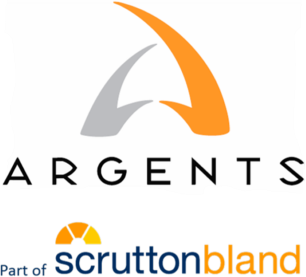Corporate tax reliefs extended - February 1st 2024
Full expensing, which was due to end on 31 March 2026, will be permanent, the Chancellor announced in his 2023 Autumn Statement.
Full expensing allows companies (but not unincorporated businesses) to write off against tax the full cost of investments in qualifying plant and machinery in the year of purchase.
In many cases companies could already claim immediate relief through the annual investment allowance (AIA). However the AIA is limited to £1 million, whereas the first-year allowance under full expensing is unlimited.
- To qualify for the 100% allowance the expenditure must be on new, unused ‘main rate’ plant or machinery. Cars and items bought to lease out do not qualify.
- Main rate plant and machinery includes computers, office equipment, vehicles other than cars, industrial, factory and construction equipment and some fixtures, such as kitchen and bathroom fittings in non-residential property.
- You can claim a 50% allowance on special rate assets. These include items with a useful life of at least 25 years and items considered integral to a building such as lifts, and heating, air conditioning and electrical systems.
- If a company sells an asset on which it has claimed full expensing or AIA, it will be liable to a balancing charge on the full disposal value. If an item is likely to be sold in the near future, it might be better not to claim the full cost, depending on taxable profits in the years of purchase and sale.
R&D reliefs
Companies carrying out research and development (R&D) will see a number of changes in their tax relief.
- The current two schemes – the SME relief and the Research and Development Expenditure Credit – will be merged, so that all companies will be able to claim for their qualifying R&D costs by means of an above-the-line tax credit.
- The rate of tax credit will be 20%.
- New rules will set out how relief is given where R&D work is contracted out.
- The SME rules restricting relief where part of the project has been subsidised by another person have been removed.
HMRC often argues, if R&D is carried out in connection with a commercial contract for a customer in which R&D is not specified but becomes necessary to fulfil the contract that the cost does not qualify because it is either subsidised or contracted out by the customer. The new rules should help to clarify this position.
Very small businesses will feel the impact of the national insurance (NIC) changes in the Autumn Statement most. Where profits sit within the owner’s basic rate band, the abolition of class 2 contributions and reduction in the class 4 NIC rate to 8%, both from 6 April 2024, have narrowed the tax advantage of operating as a limited company and drawing dividends over the simplicity of being a sole trader. At higher profits, a sole trader may pay less tax than an owner director.
However there are many other benefits and drawbacks to each type of business entity to take into account. And for existing companies disincorporation is likely to involve costs for which there is no tax relief.
Tax rules change frequently. Perhaps the best advice is that the decision whether to incorporate should primarily be tax-driven.
